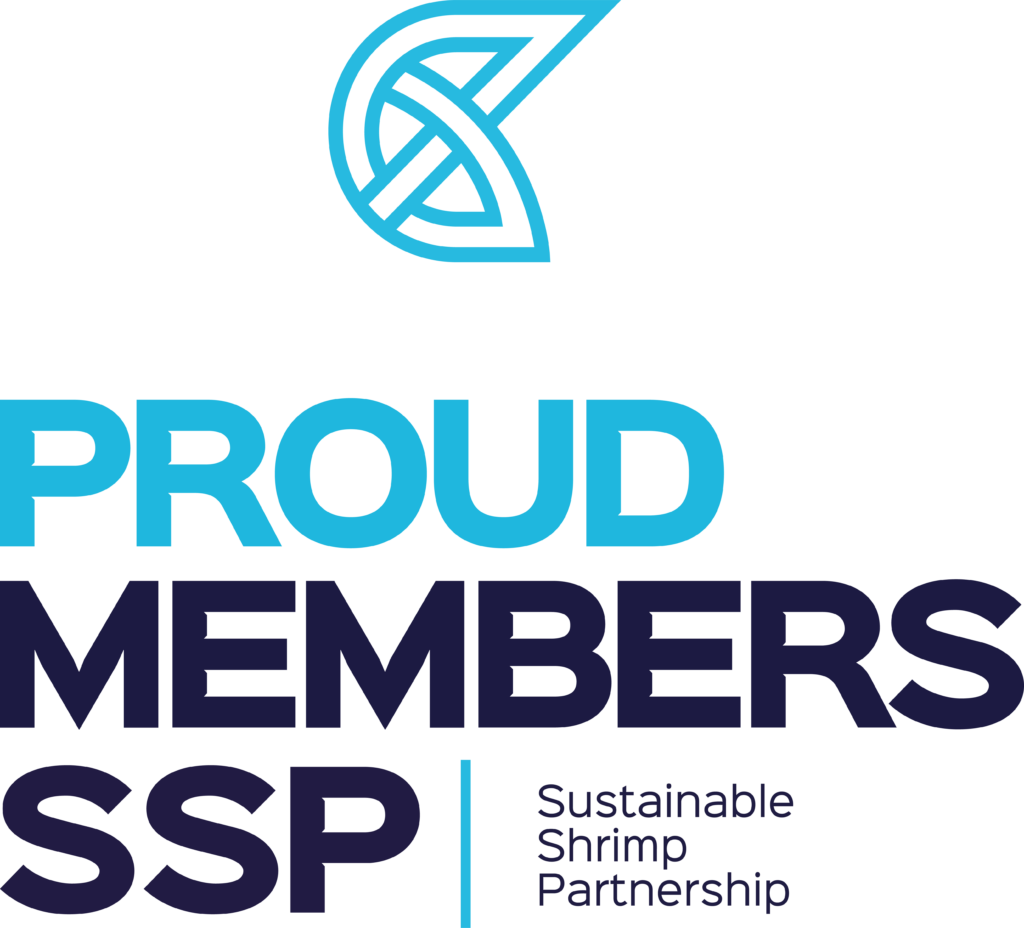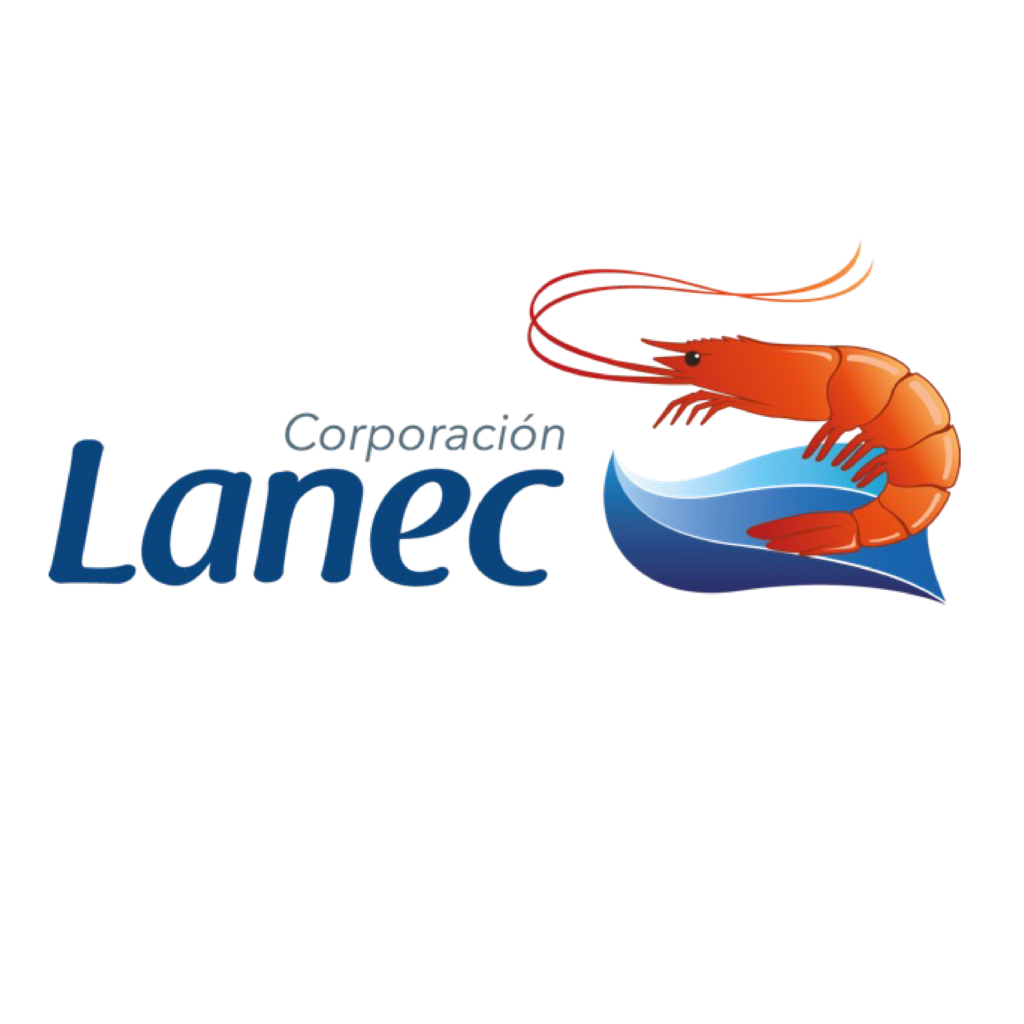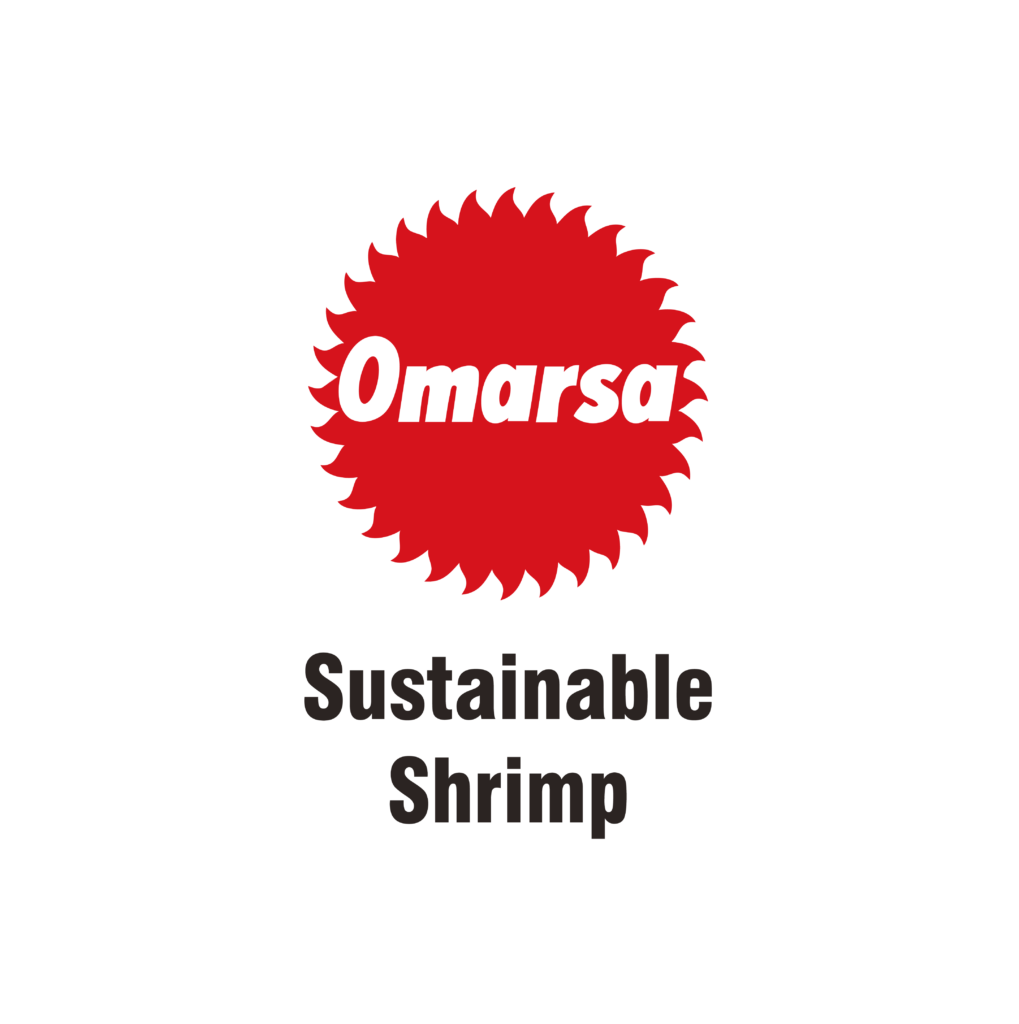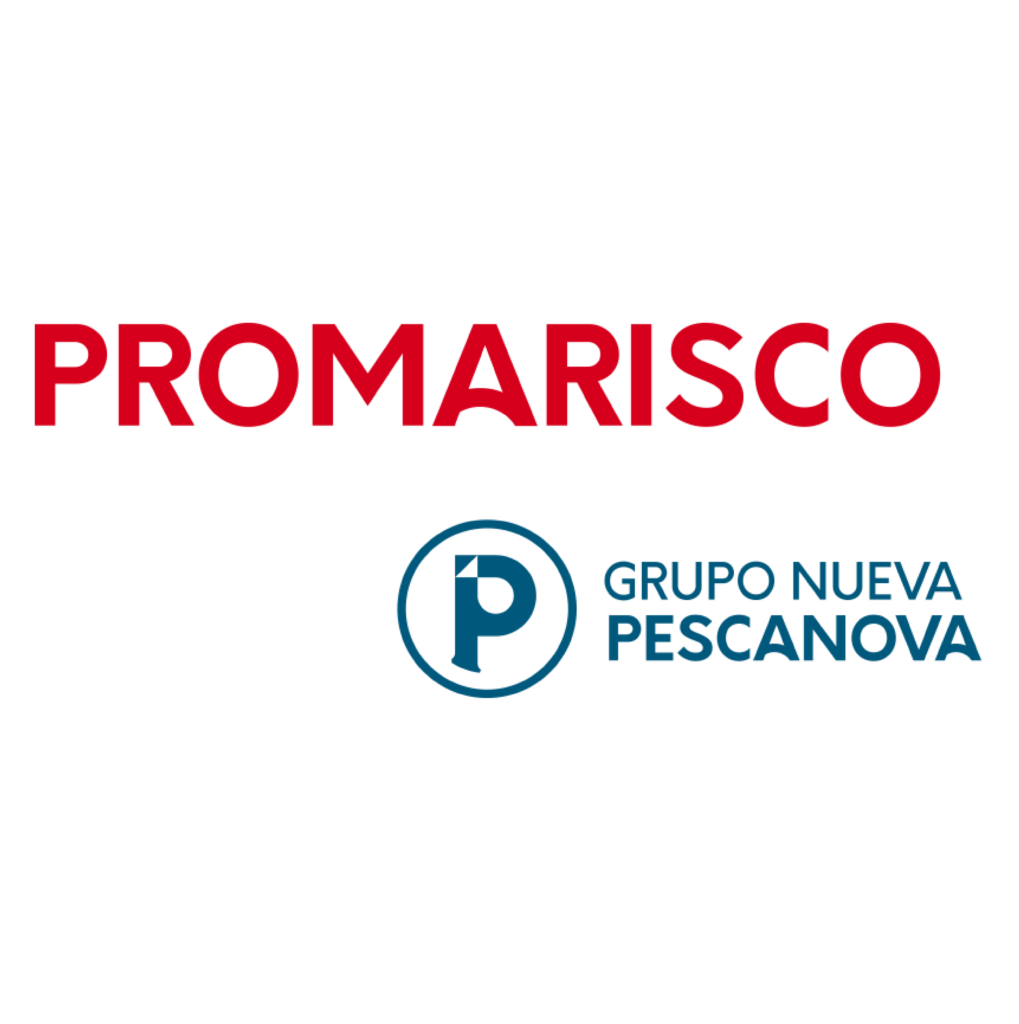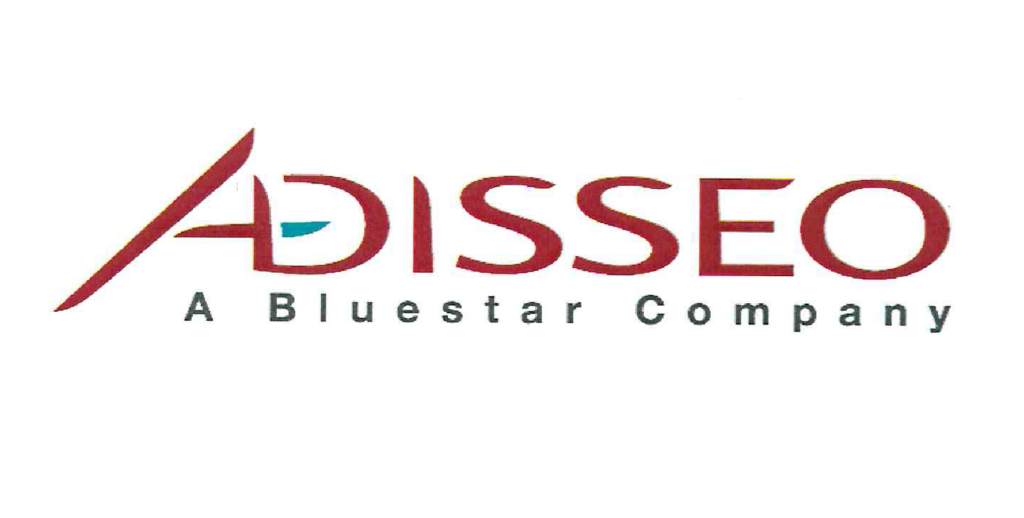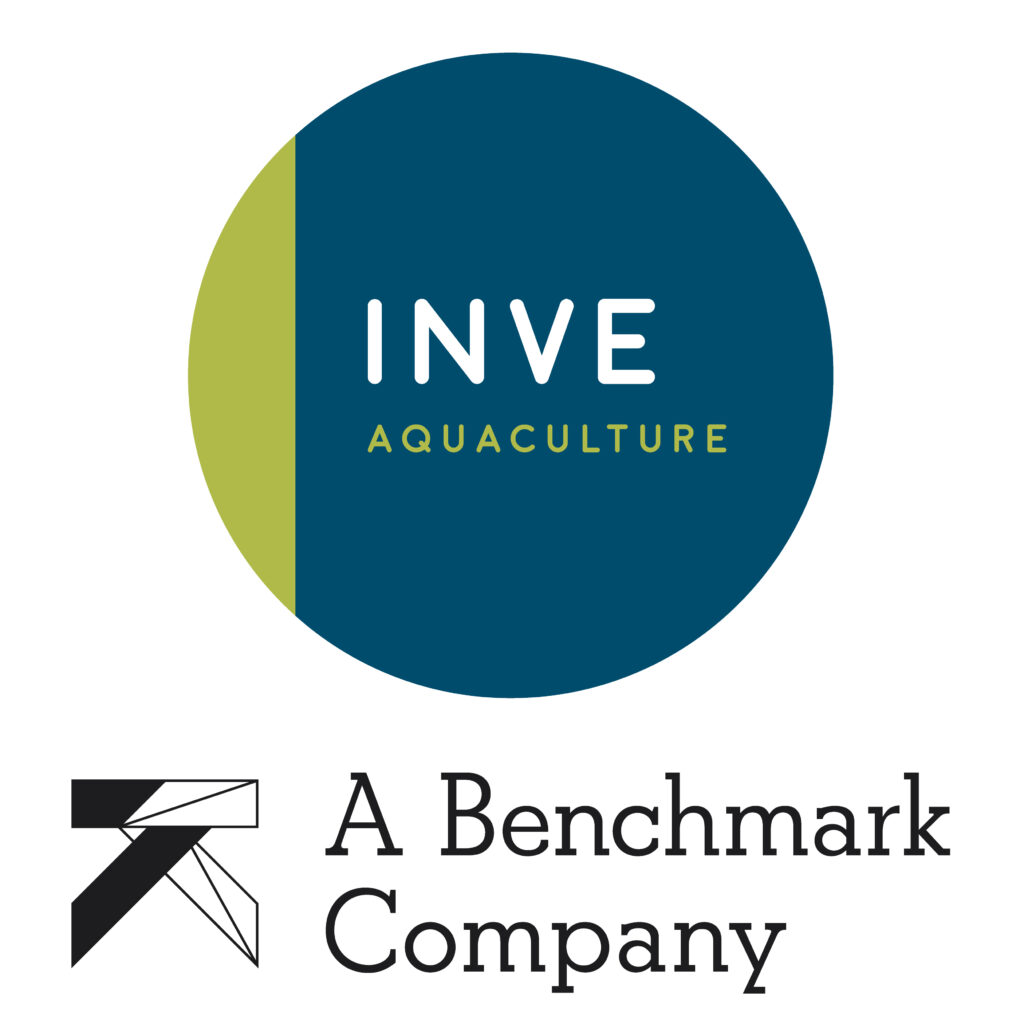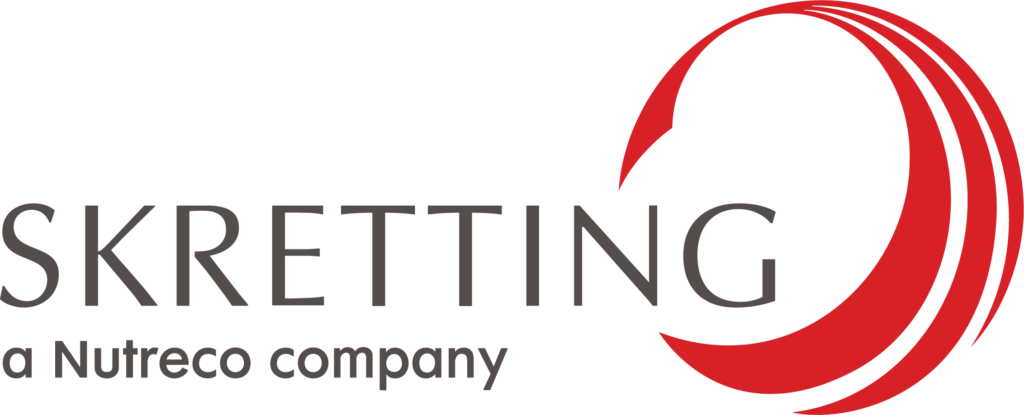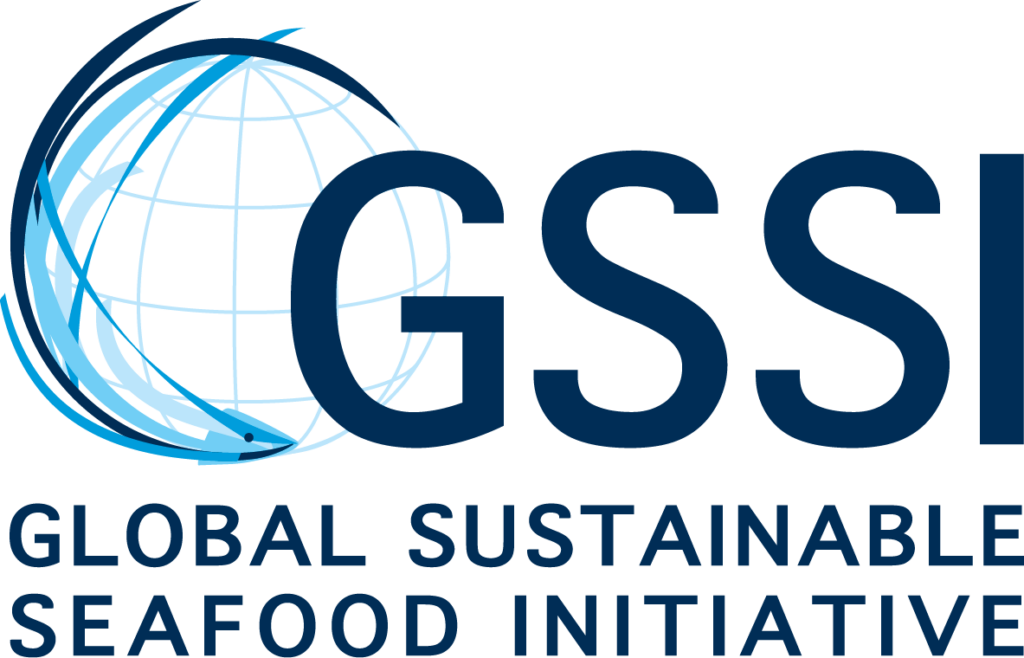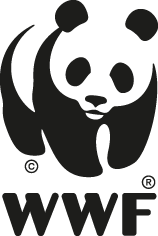Running with Purpose: Checkpoints from the Race to the Top
On October 22nd, during AquaExpo Guayaquil 2024, we participated in the first edition of a unique race—one that went beyond speed and resistance, incorporating strategy, vision, and collaboration to pursue a truly sustainable goal.
More than 300 participants explored the forum’s four paths in the “Race to the Top.” With insights from global leaders and Ecuadorian entrepreneurs, we explored the importance of governance, environmental and social responsibility, and economic sustainability to guide us on this journey to the top.
Ready to revisit the key checkpoints? Here are the 15 most memorable moments and valuable lessons from Race to the Top.
1
“Excellence is not a destination but an ongoing race. The shrimp farming sector runs that race every day because we know that being leaders in volume or quality is not enough—we must keep improving, innovating, and constantly surpassing ourselves.”
“Excellence is not a destination but an ongoing race. The shrimp farming sector runs that race every day because we know that being leaders in volume or quality is not enough—we must keep improving, innovating, and constantly surpassing ourselves.”
Pamela Nath, director of the Sustainable Shrimp Partnership (SSP).
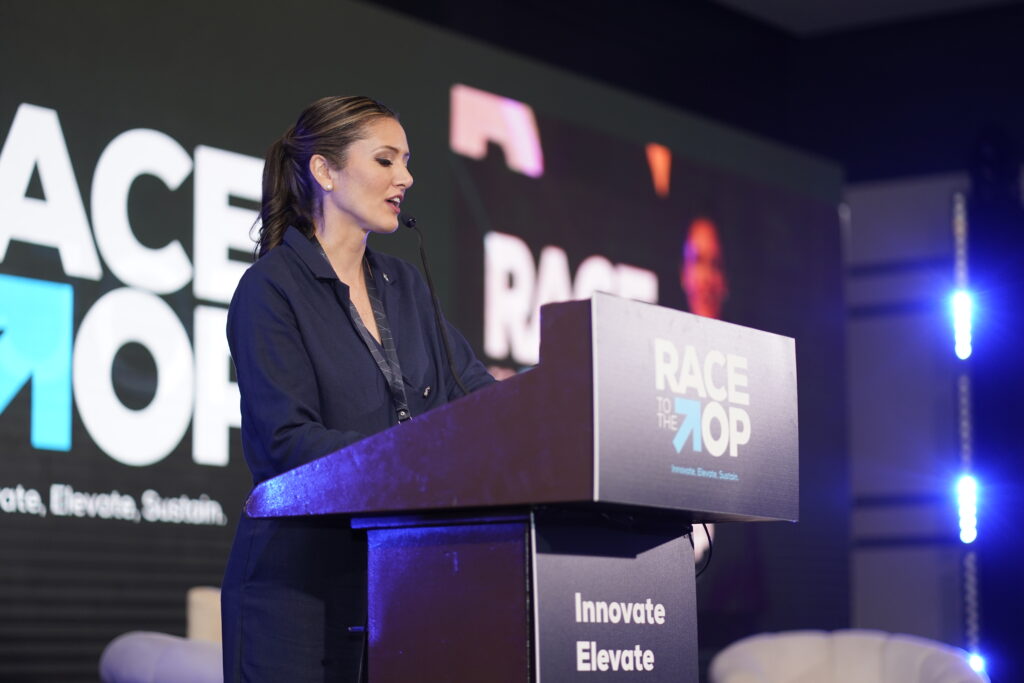
Pamela Nath during the panel “On Your Marks, Get Set, Go! Welcome to the Race to the Top.”
2
Moments of crisis become turning points that invite us to reflect on our practices and rethink how we can move forward more responsibly and effectively.
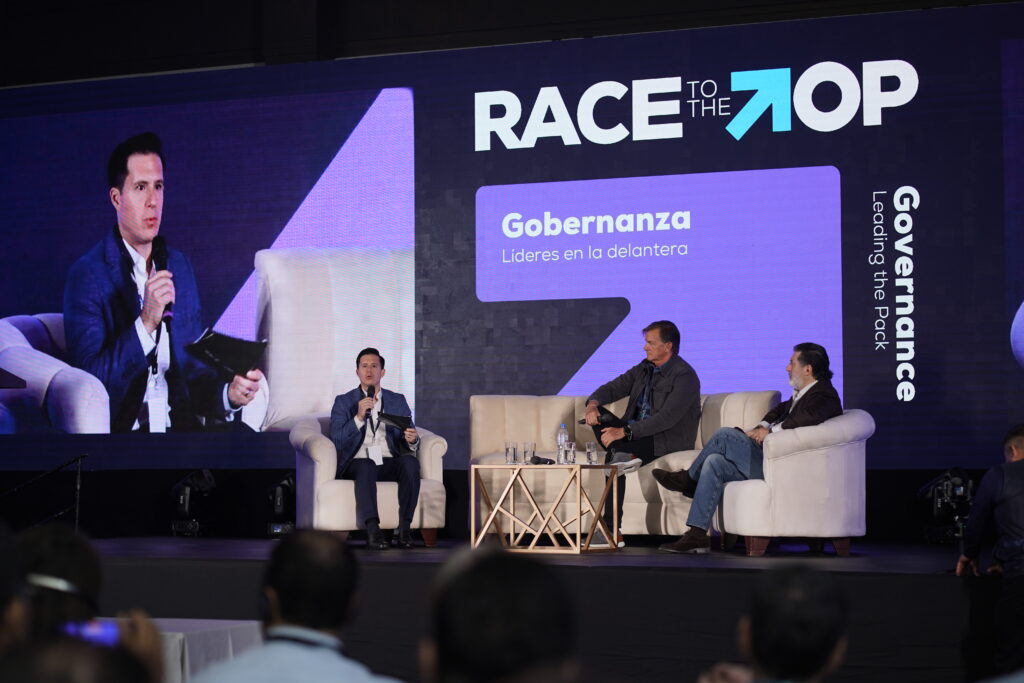
Sandro Coglitore from Omarsa, Alex Olsen from Corporacion LANEC, and José Antonio Camposano from the National Chamber of Aquaculture (CAN) during the Panel “Cultivating the Future of an Industry. A Conversation Among Leading Producers with a Common Goal: Elevating Standards in Aquaculture”.
3
Collaboration is essential for the success of any sector. It is important for companies to set common goals, set aside individual interests, and work together toward a global objective.

Ma. Alejandra Rivera from Nicovita, Jorge Díaz from Skretting, and Henrik Aarestrup from BioMar participated in the session “Nurturing a Culture of Success: Leaders in Feed Share the Strategic Recipe for Integrating Responsible, Transparent, and Collaborative Policies.”
4
It is possible to maintain shrimp farming under conditions that ensure animal welfare while achieving profitability and production efficiency. This reflects the producer’s commitment to sustainability, and also indicates the quality and performance of the final product.
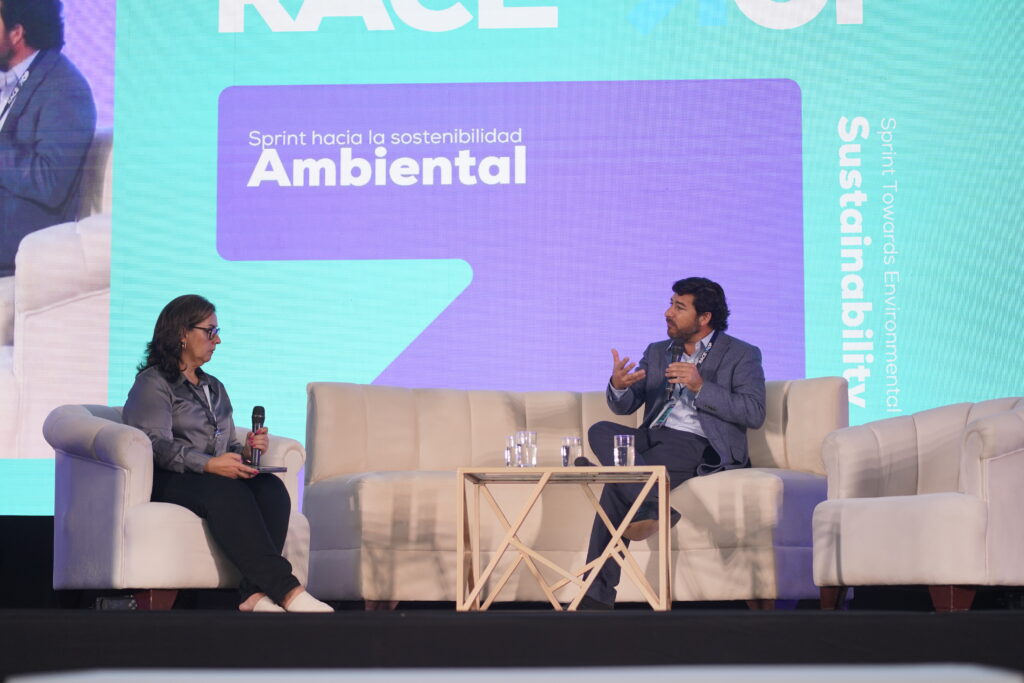
Yahira Piedrahita from the National Chamber of Aquaculture (CNA) and Fernando Mardones from the Catholic University of Chile during the session “Healthy Shrimp, Healthy Profits: The Advantages of Animal Welfare.”
5
The balance between industry growth and conservation is not only possible but also essential to ensuring a sustainable future. Collaboration between industry and environmental organizations is key to driving action and promoting responsible practices.
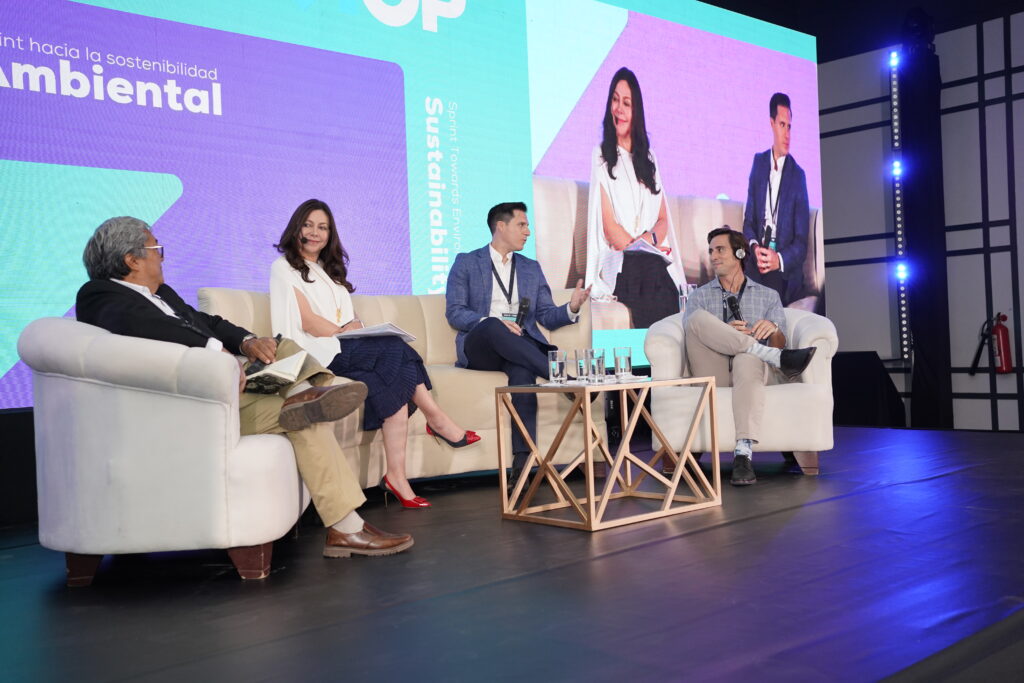
Xavier Chalen from Conservation International (CI), José Antonio Camposano from the National Chamber of Aquaculture (CNA), Danny Miller from the World Wildlife Fund (WWF), and moderator Paula Rincón participated in the panel “The Race for a Conversion-Free Industry: Strengthening Commitment to Ecosystems.”
6
Coalitions are redefining the market. In sustainability, we cannot compete because we only have one planet. It is crucial for stakeholders in the value chain to work together, as innovation and shared commitment are essential for creating meaningful change. This real and successful case involving Omarsa, Skretting, and Walmart has shown us that.

Sandro Coglitore from Omarsa, moderator Paula Rincón, Karina Briones from Skretting, and Antonio Santa Marta from The Nature Conservancy (TNC) in the panel “Supermarkets, Producers, and NGOs Together Towards the Same Goal: Shrimp with a Lower Carbon Footprint.”
7
The sustainable future of industries involves engaging small and mid-sized farms in working towards the highest levels of environmental and social performance. By fostering precompetitive alliances and providing guidance and support, we can empower these producers to enhance their practices.
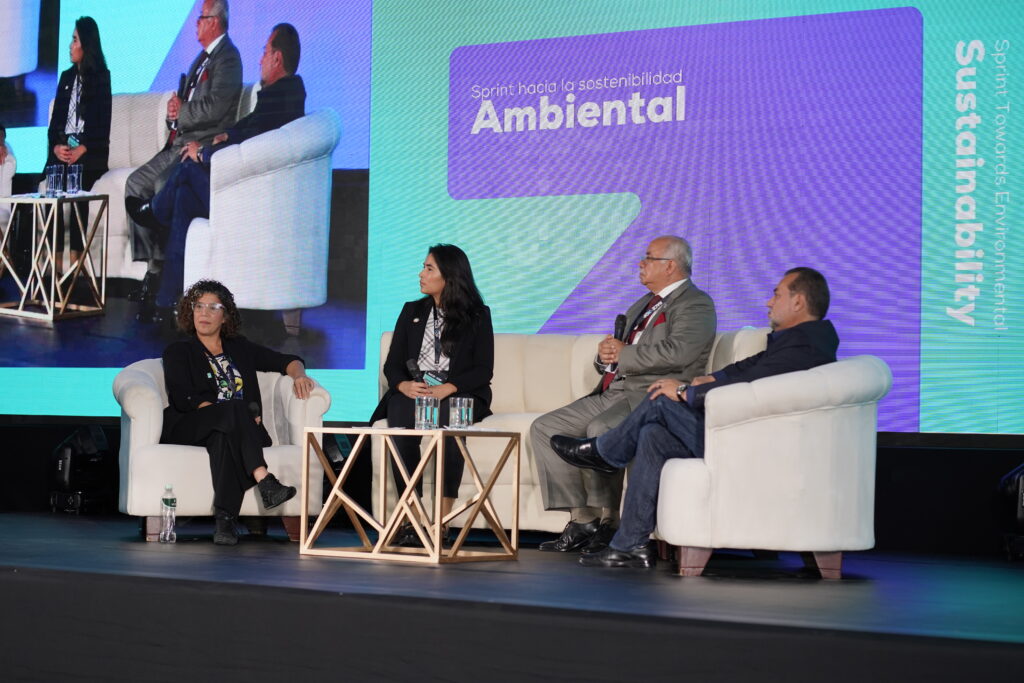
Patricia Bianchi from the Aquaculture Stewardship Council (ASC), Laura del Castillo Munera from the Global Sustainable Seafood Initiative (GSSI), Leonardo Maridueña from the Sustainable Shrimp Partnership (SSP), and Fernando García from Inve Aquaculture participated in the panel “Scaling Up Best Practices: Discover Projects that Enhance Performance in Shrimp Aquaculture.”
8
Innovation and sustainability in industries are achieved in a comprehensive and holistic way, thanks to the joint commitment of various stakeholders in the value chain. Teamwork and having the same objective is more important than ever.
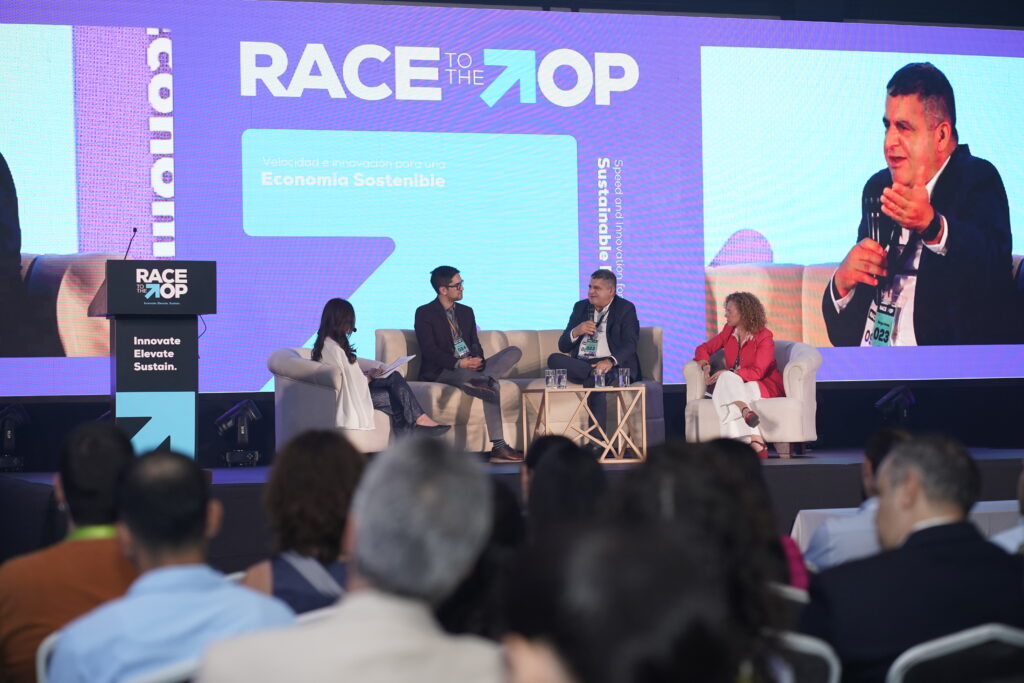
Moderator Paula Rincón, John Fredy Arias from BASF, Sergio Nates from Houdek, and Susana Hormilla from Biolan participated in the panel “The Winning Formula: Commitment to Sustainable Solutions in the Value Chain—Advances in Fermentation, Chemistry, and Technological Analysis.”
9
The partnership between Grupo Almar and DSM-Firmenich is a concrete example of how innovation and strategic collaboration can be key drivers for promoting sustainability in industries. This case demonstrates that adopting more responsible approaches offers tangible benefits for the efficiency and productivity of companies.
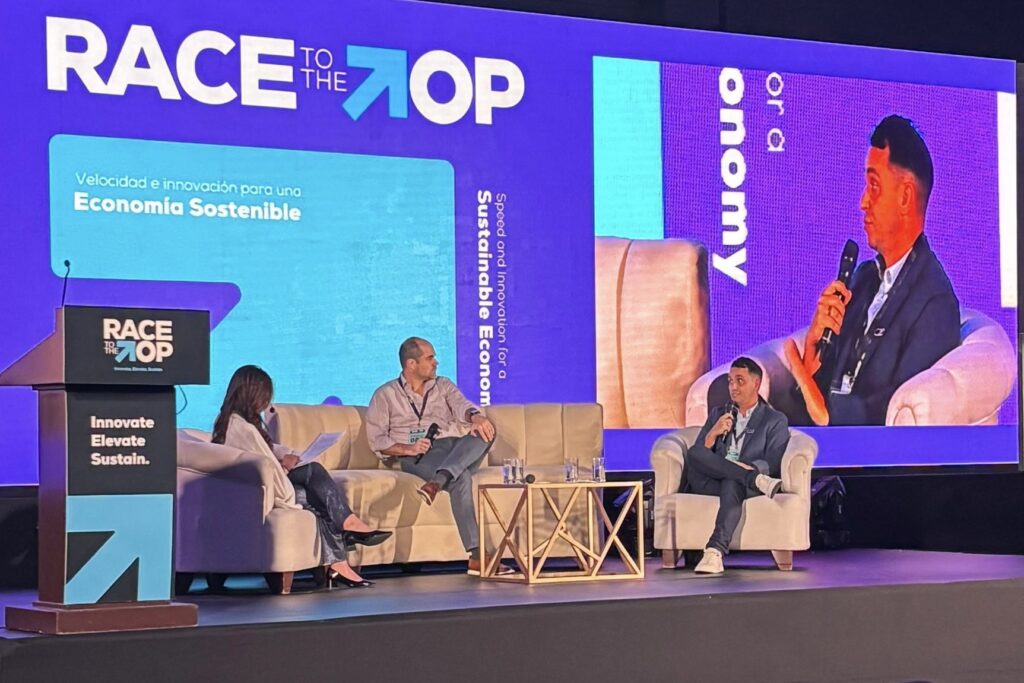
Thiago Soligo from dsm-firmenich and Wolfgang Harten from Grupo Almar participated in the panel “One Step Further for a Smaller Footprint: New Technologies and Partnerships to Reduce the Shrimp Carbon Footprint,” alongside moderator Paula Rincón.
10
The collective strategy is essential to achieving success, which depends on a shared vision: while companies innovate and adopt new technologies, international banking facilitates investment, and the media promotes dialogue and the dissemination of best practices.
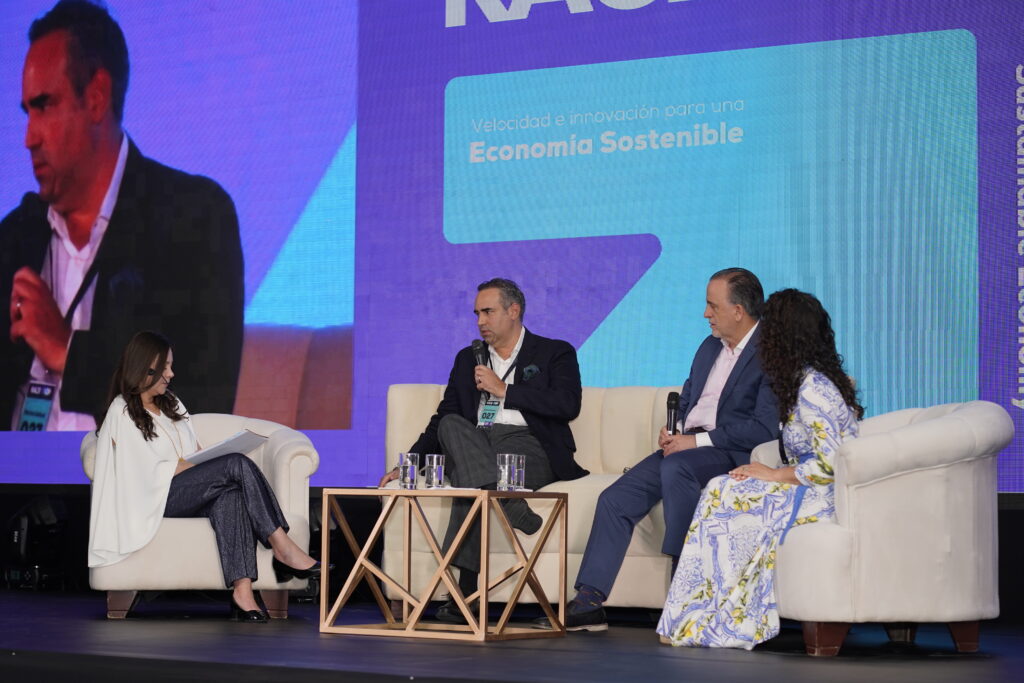
Moderator Paula Rincón, Patricio Salazar from GPS Group, Mauricio Morillo from Grupo Ekos, and Soledad Jirón from FMO participated in the panel Game Changers: Collaboration Among Companies, Banks, and Media to Foster Sustainable Growth in Aquaculture.
11
The alliance between Albert Heijn, Klaas Puul, Cofimar, Skretting, and MSD Salud Animal demonstrates that it is possible to meet high sustainability standards without compromising efficiency or competitiveness. This case shows that the future of the shrimp industry depends on the ability to integrate technology, sustainability, and collaboration among companies and international markets.
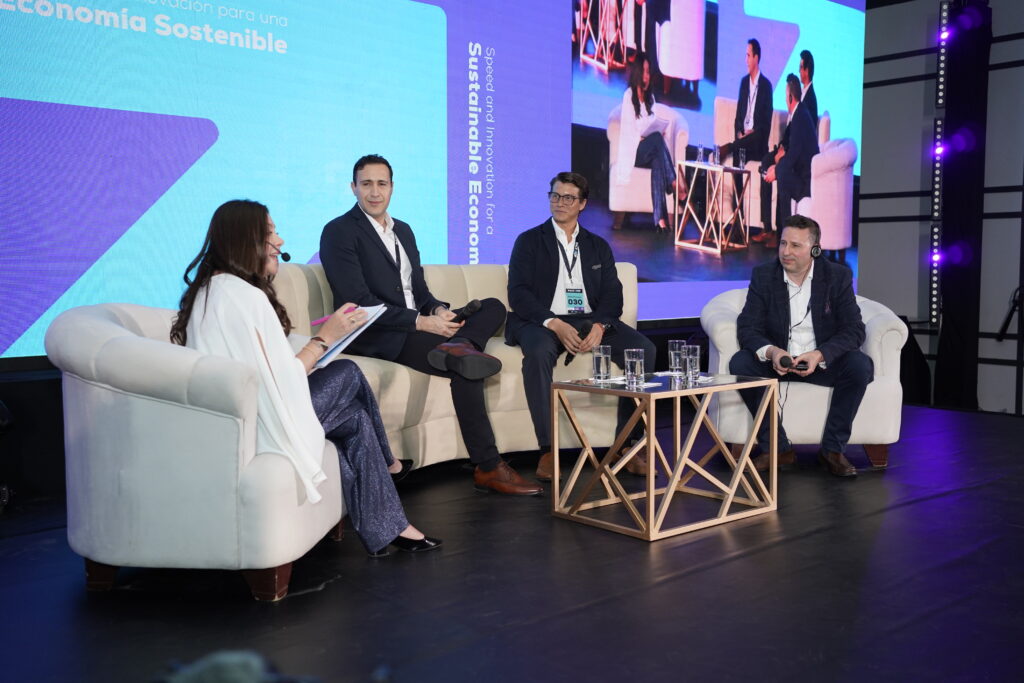
Moderator Paula Rincón, Jorge Díaz from Skretting, Peter Grunauer from Cofimar, and Martin Haberfield from MSD Salud Animal during the panel “New Paths Towards Sustainability: How DNA Traceability and Alternative Ingredients Are Shaping the Future of Shrimp Farming.”
12
Sustainability is not limited to the environment; it also encompasses the well-being of workers. Commitment to fair labor practices not only improves the quality of life for workers but also strengthens the reputation and competitiveness of industries.
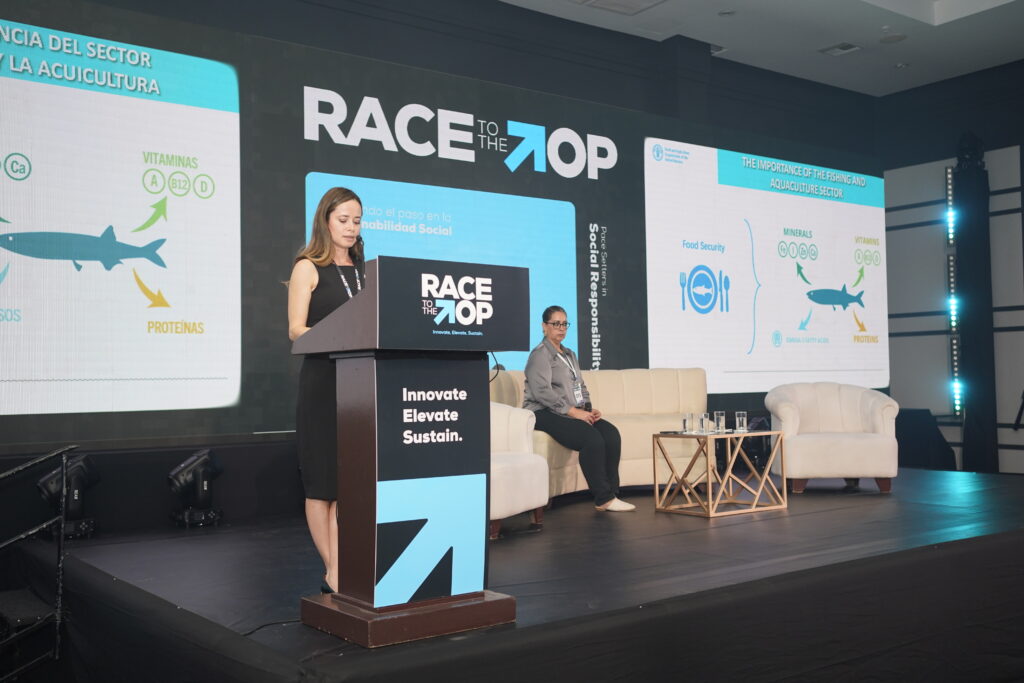
Mariana Toussaint from the Food and Agriculture Organization of the United Nations (FAO) and Yahira Piedrahita from the National Chamber of Aquaculture (CNA) participated in the panel “Recognizing and Protecting Human and Labor Rights in the Fishing and Aquaculture Sector.”
13
The adoption of living wages improves quality of life, strengthens competitiveness, and meets market demands for responsible products. The Ecuadorian shrimp industry, by prioritizing this concept and implementing pilot programs to measure and ensure fair wages, demonstrates that this approach enhances productivity and efficiency while highlighting its commitment to social development and positioning the sector as a benchmark for sustainability.
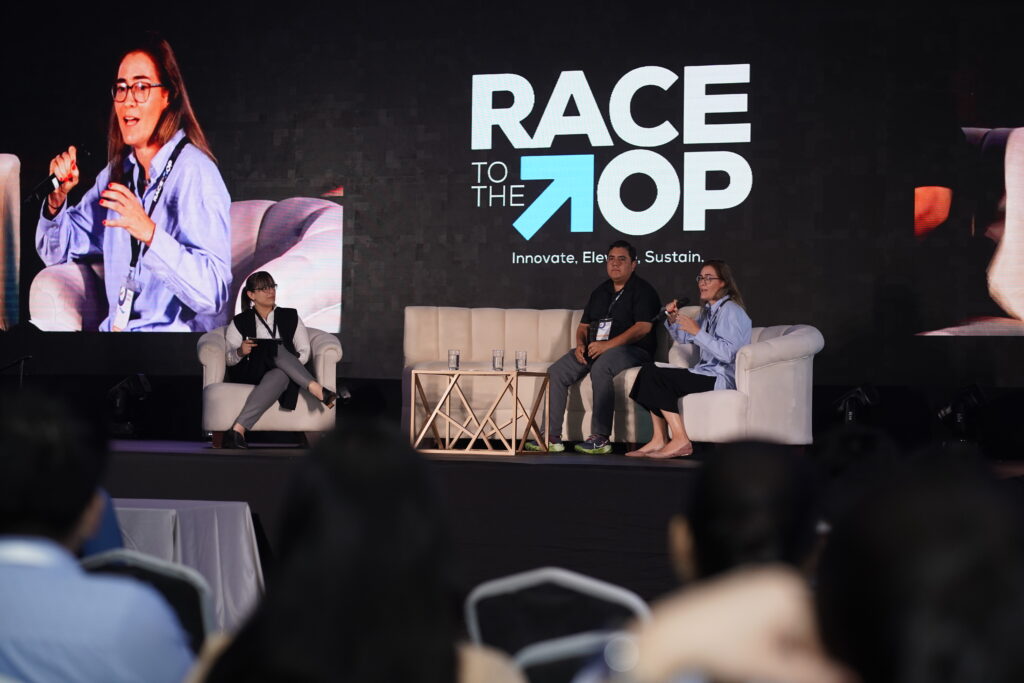
Maria Fernanda Vilches from the Sustainable Shrimp Partnership (SSP), Joao Carrasco from Corporación Lanec, and Adelaida Cano from The Sustainable Trade Initiative (IDH) during the panel “The Roadmap to Achieving Living Wages: Supporting Companies to Improve Their Approaches for Sustainable Economic Development.”
14
The alliance among multiple stakeholders (retailers, producers, NGOs) is essential for achieving significant change in the sustainability of supply chains. Integrating a social pillar into food production is vital. Training and improving the living conditions of workers and local communities are fundamental to the success of sustainable and ethical initiatives.
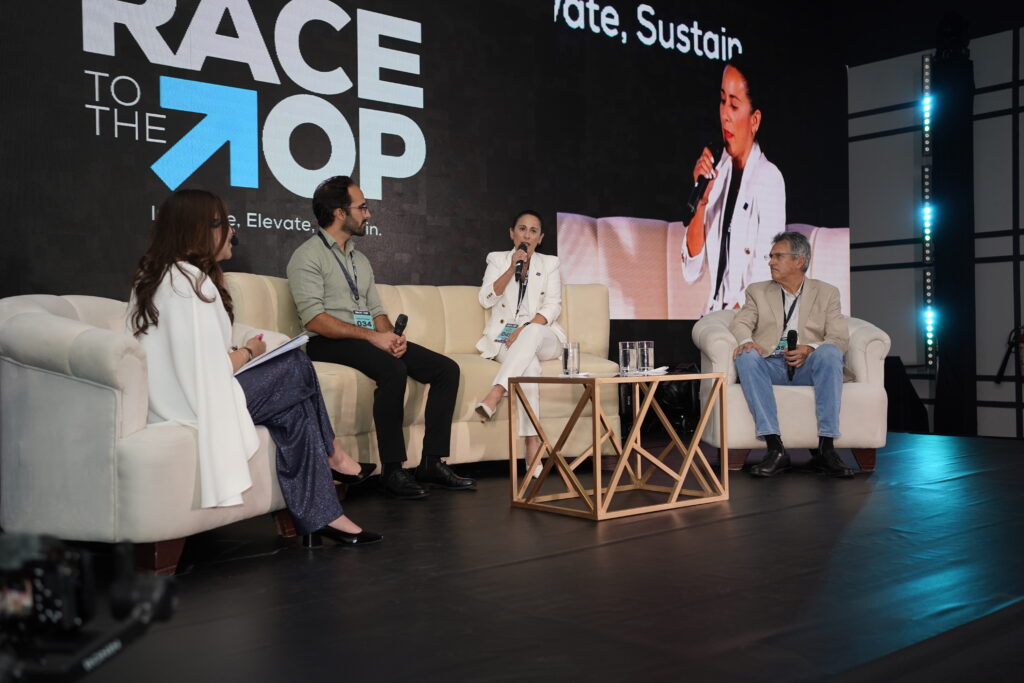
Moderator Paula Rincón, Marco Custódio from Earthworm Foundation, Valeria Triviño from BioMar, and Marcelo Vélez from Edpacif participated in the panel “Climbing to New Heights: The HR Strategies That Are Redefining Sustainability.”
15
Just like in sports, success is not a matter of speed but of consistency, discipline, strategy, and determination.
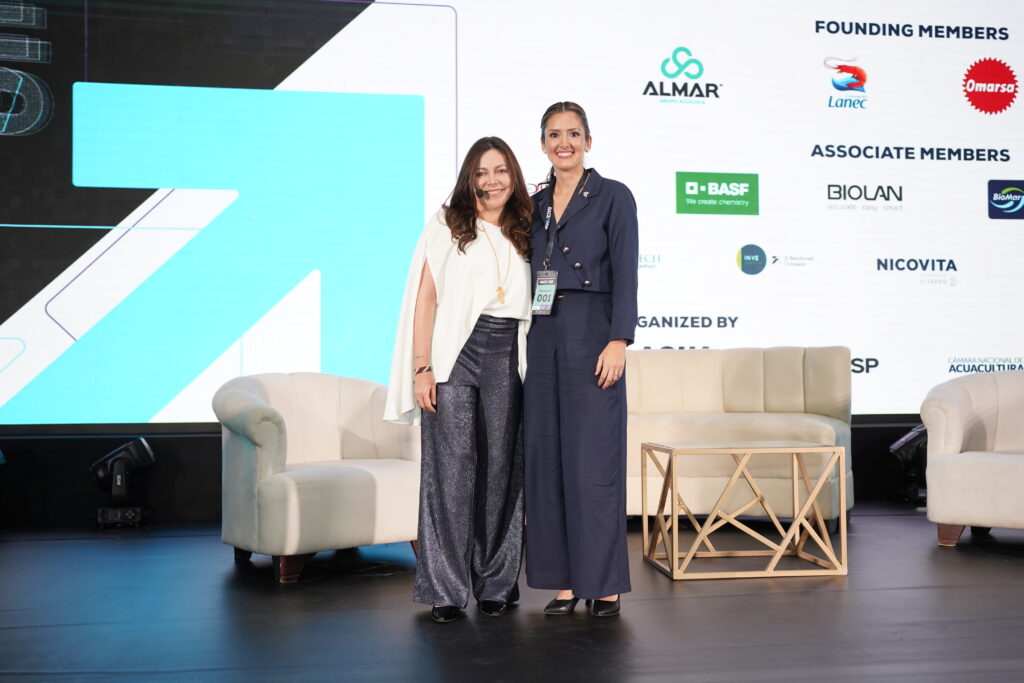
The moderator of Race to the Top, Paula Rincón, and the director of the Sustainable Shrimp Partnership (SSP), Pamela Nath, in the panel Reaching the Finish Line: Closing Remarks.
